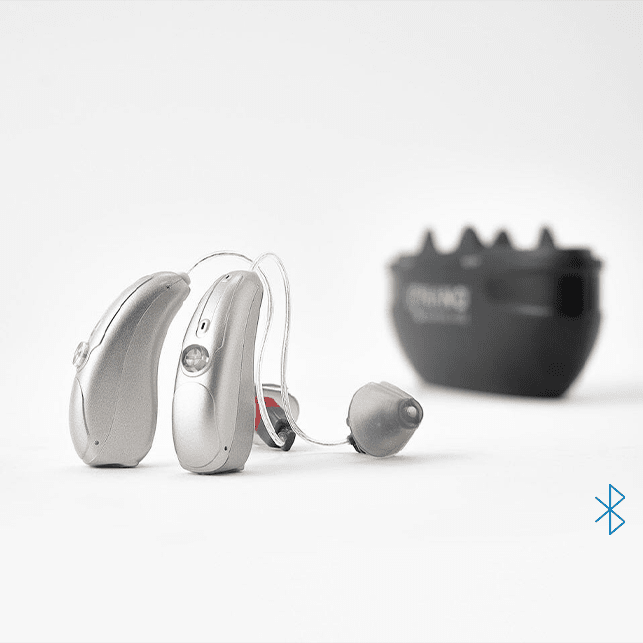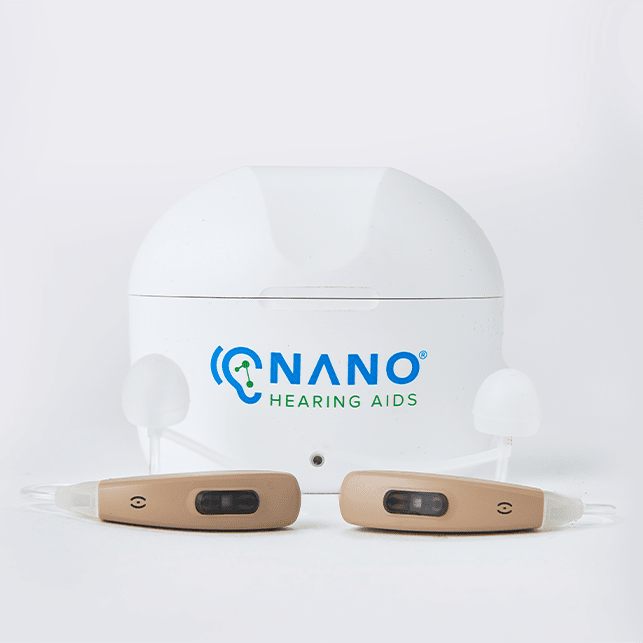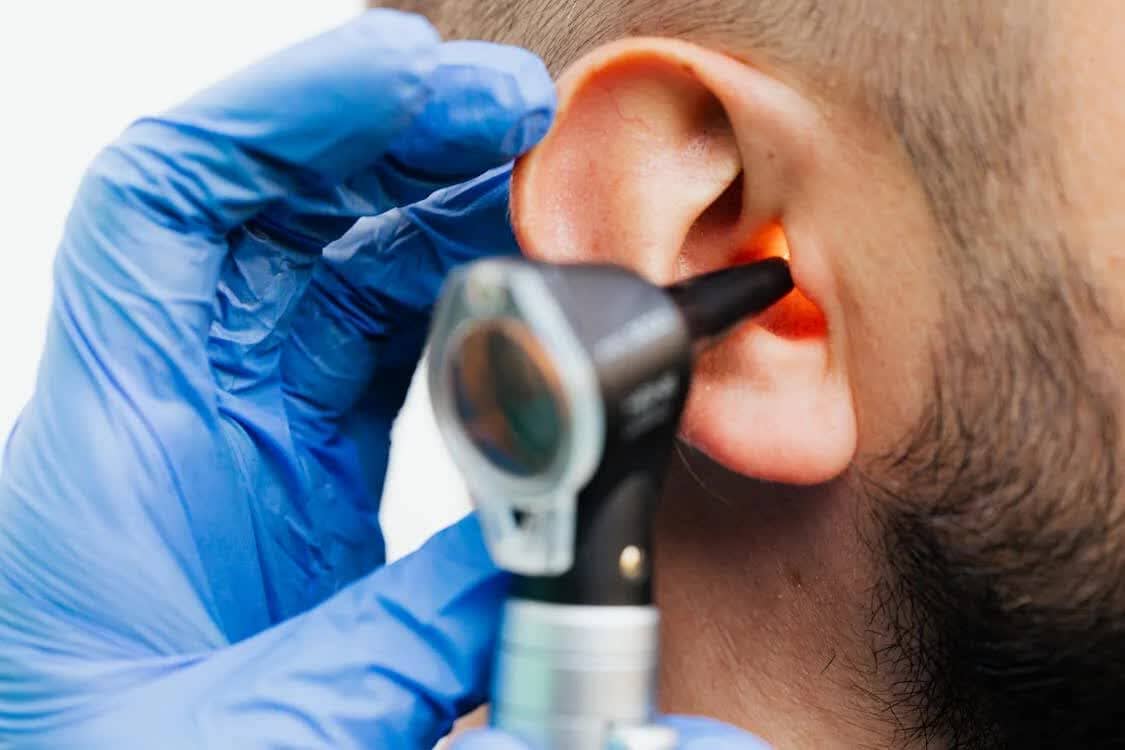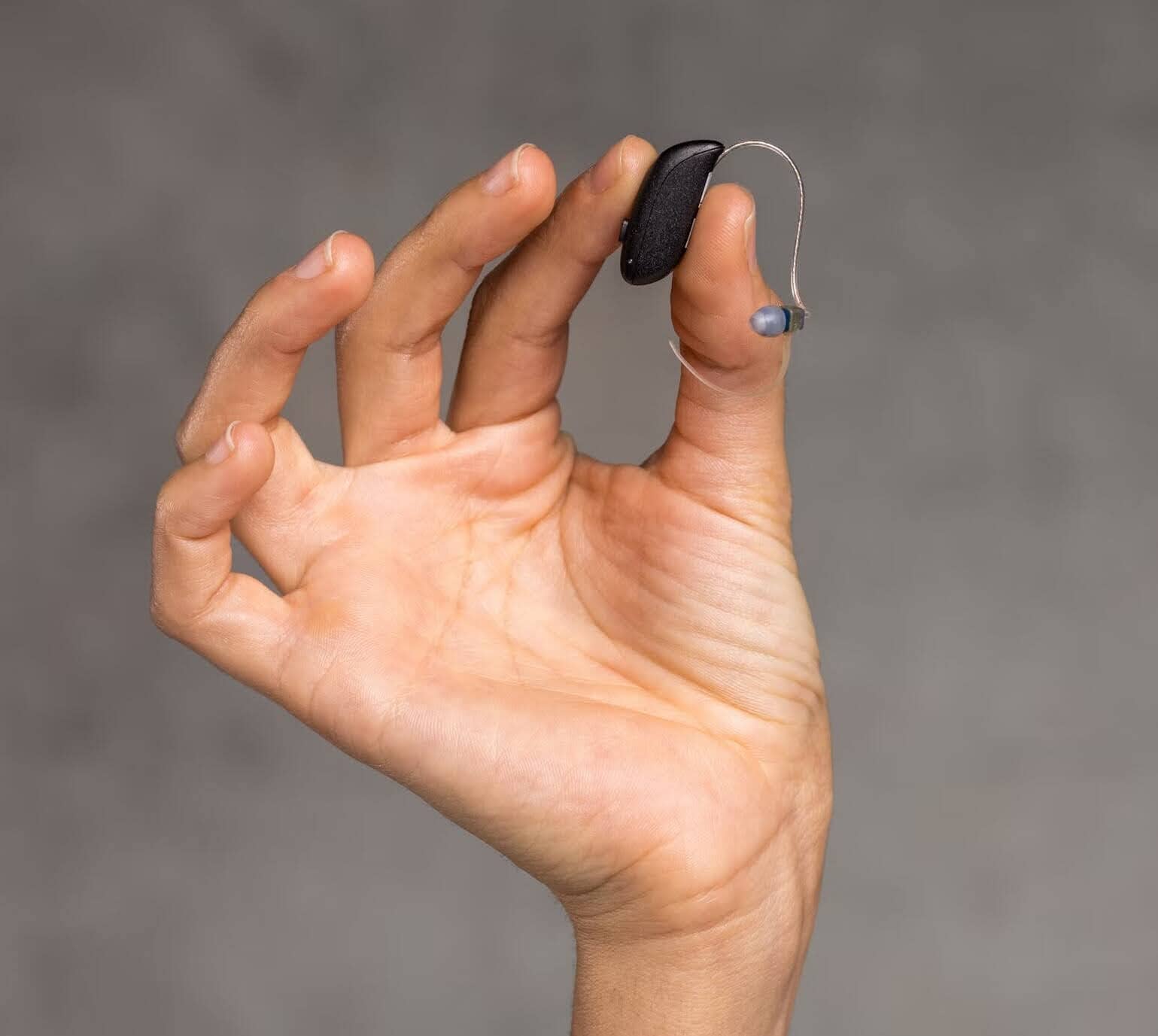Learn About Hearing Devices for Tinnitus: How Do They Work?
Tinnitus can develop in people of all backgrounds and ages, but older people are more likely to suffer from it than younger ones. Let’s have a look at some causes of tinnitus and how does hearing aid can help!






